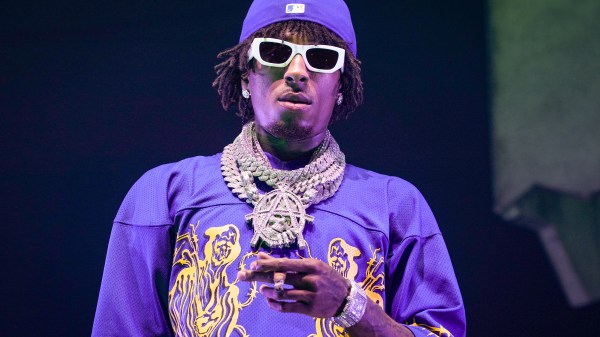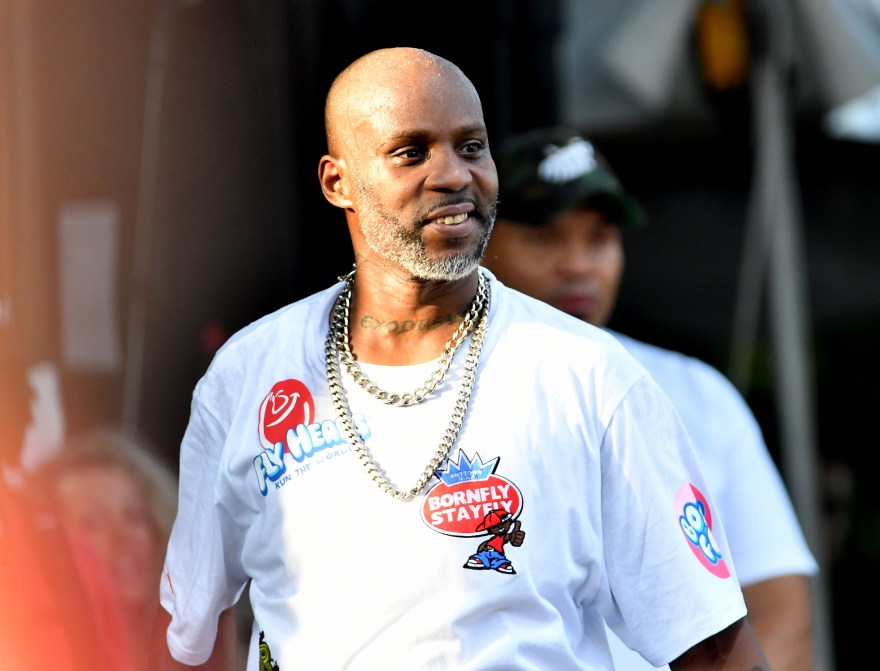Videos by According2HipHop
When DMX passed away in April 2021, the hip-hop community flooded social media with tributes and stories about how the Yonkers legend shaped their lives. But according to his longtime manager and uncle, Ray Copeland—known in the industry as Uncle Ray—that love didn’t translate into financial support when it came time to lay the rapper to rest.
In a new interview with AllHipHop, Copeland said he had to personally pull together $150,000 to cover DMX’s funeral expenses after record labels and key industry players turned him down.
“When it was time to bury X, I was on the phone with everybody—Ruff Ryders, Swizz Beatz, Steve Rifkind, Def Jam,” he recalled. “I told them what it was going to cost. Everybody said, ‘I ain’t got it.’ So I hung up the phone and said, ‘Forget it. I’ll put this together myself.’”
Copeland said he worked with business associate Germaine Miller and attorney Ron Sweeney to make the funeral happen, including the massive memorial at Brooklyn’s Barclays Center that drew thousands of fans.
“If it were not for Germaine Miller, I would have never buried my nephew financially,” he said. “She put all the money up for the funeral—all $150,000.”
Def Jam later offered some assistance—$35,000, according to Copeland—but he pushed back on reports that the label covered the full cost. “They later told the media they paid for the funeral. That’snot true,” he said. Copeland also credited Kanye West for stepping in to handle costs tied specifically to the Barclays service.
“Everybody put out statements, hashtags, and tributes,” Copeland said. “But when it came time to actually do something… silence.”
The manager said it was frustrating to see how few people showed up for DMX in a tangible way after his death, especially considering how many benefited from his career. “This man made us all millionaires,” he said. “And I had to fight to put this together with my family.”
At one point, Copeland said, he considered scrapping the public memorial altogether and hosting a small private service. “I almost did it right there in Bronxville,” he shared. “I had all the family together. But they told me, ‘Ray, you can’t do that. The public needs to say goodbye.’ So I finished it out.”
DMX, born Earl Simmons, was one of the most distinctive voices in hip-hop’s late-’90s boom—gritty, spiritual, and deeply human. Through albums like It’s Dark and Hell Is Hot and Flesh of My Flesh, Blood of My Blood, he built a legacy that transcended labels and trends. But Copeland said that even at the height of his fame, X kept his guard up.
“He always said, ‘I ain’t got no friends in the industry,’” Copeland recalled. “And he was right. When he passed, it showed.”
The revelations paint a sobering picture of what happens behind the curtain—how even the most beloved artists can be left without meaningful support once the spotlight fades.























